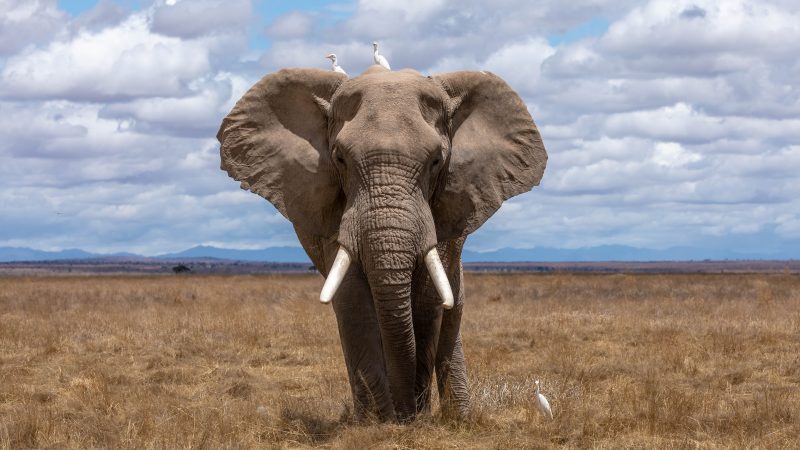
Many mammals headed for extinction
University of Manchester said today (January 10, 2023) that its scientists have identified hundreds of mammal species now being pushed to their ecological limits, into places they’re unlikely to thrive. The researchers looked at that long-known anathema to animals in the modern world: human activities creating habitat loss. The new study shows that habitat loss for animals leads them to being pushed into poor-quality environments, where they’re likely to do poorly.
This shift occurs, the scientists said, because areas that are good for human agriculture, human rangelands for cattle and other meat stocks, and human settlements have been overtaken by humans. So natural habitats now available to animals are shrinking. Human activity increasingly restricts animals to areas that humans don’t want or can’t use. This study shows that these land “remnants” often aren’t the best for animals, either.
Jake A. Britnell and Susanne Shultz led the research, which is published in the peer-reviewed journal Proceedings of the National Academy of Sciences.
The scientists said their results suggest that being restricted to poor, marginal habitat is a global conservation threat that is vital to incorporate into conservation assessment and management.
Species pushed to poor-quality niches
A species’ range denotes where species can be found during their lifetimes. The researchers demonstrated that many of the 627 mammal species with documented range contractions now can be found only at the ecological extremes of their once-larger, historic ranges. They said 66% and 75% of these species were pushed toward temperature or precipitation extremes, respectively. And, they said, these sorts of shifts are getting worse, as species lose more and more land.
The scientists wrote in their paper:
We evaluate range loss in 4,785 terrestrial mammals and changes in niche parameters of range-contracted species … Some species become restricted to ecologically extreme habitats at the periphery of their historic niche. This ecological marginalization increases extinction risk. Marginalization can result in a ‘double whammy’ where poor performance in marginalized relict populations [populations that survived from an earlier time] exacerbates population declines.
This phenomenon is an underappreciated global conservation threat …
In other words, as Jake Britnell commented in a statement:
Human pressures are causing species to lose range. As they lose range, their niches shrink, and they become restricted to a less diverse range of habitats. Our study suggests range loss is concentrated in niche cores, pushing many species to the ecological extremes of their historic range.
Study may inform conservation strategies
The new study showed this shift toward ecological marginalization – species being pushed to the ecologically extreme habitats at the edges of their historic ranges – leads to a species risk. According to the researchers, the quality of the habitat matters to a species’ extinction risk. And ecological marginalization could help to explain why some protected areas are more effective than others. Susanne Shultz noted:
If we are conserving species in fundamentally unsuitable habitats, then conservation may underperform or even fail. Using historical information may highlight more effective places or strategies to concentrate our efforts.
Britnell added:
If species are protected in marginal areas, conservation efforts are already on the back foot as species will not survive or reproduce as well as they can.
If we identify and protect high-quality environments, we will bolster more abundant, denser and more resilient populations.
Bottom line: A new study focuses on habitat loss for mammals. It shows that human activities push mammals into poor-quality environments, where they often do poorly.
Source: Ecological marginalization is widespread and increases extinction risk in mammals











